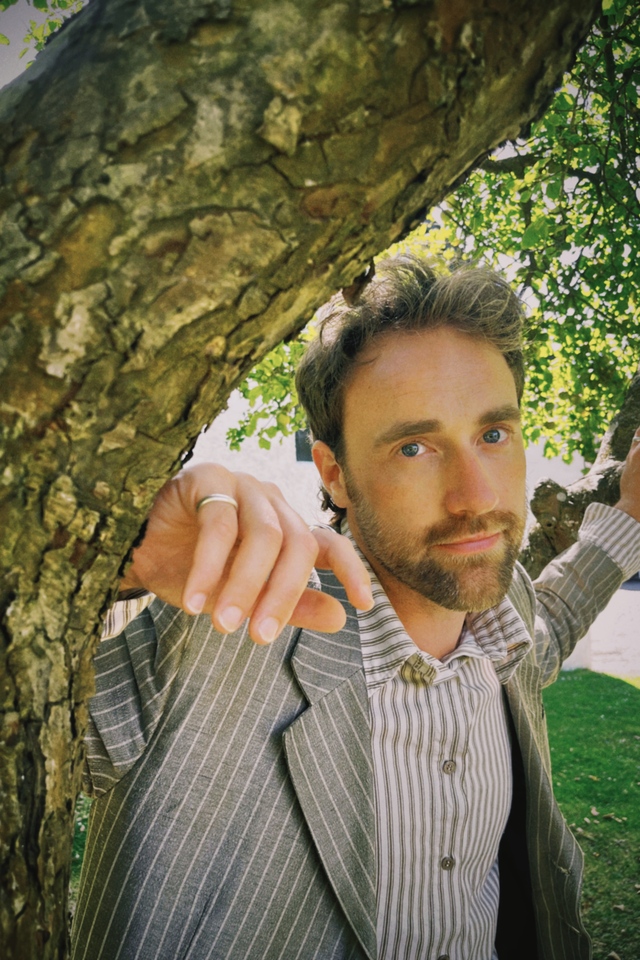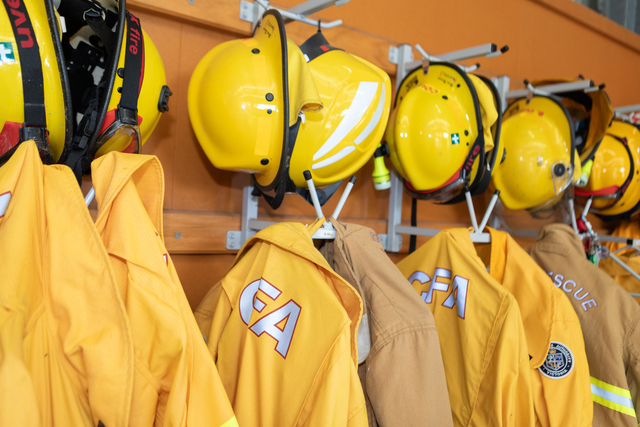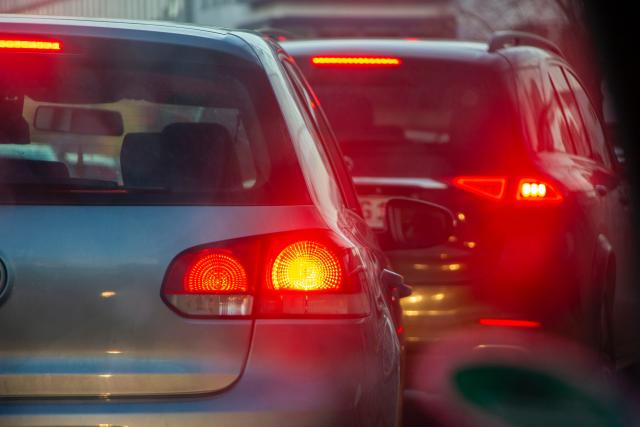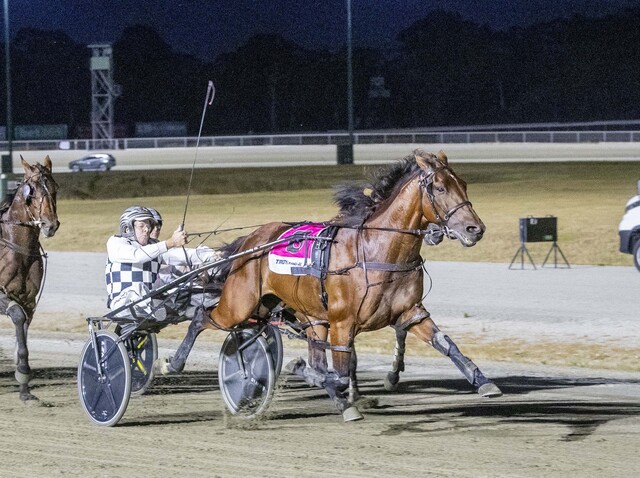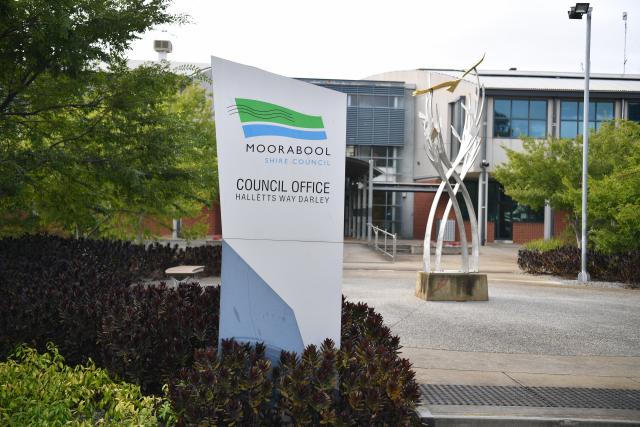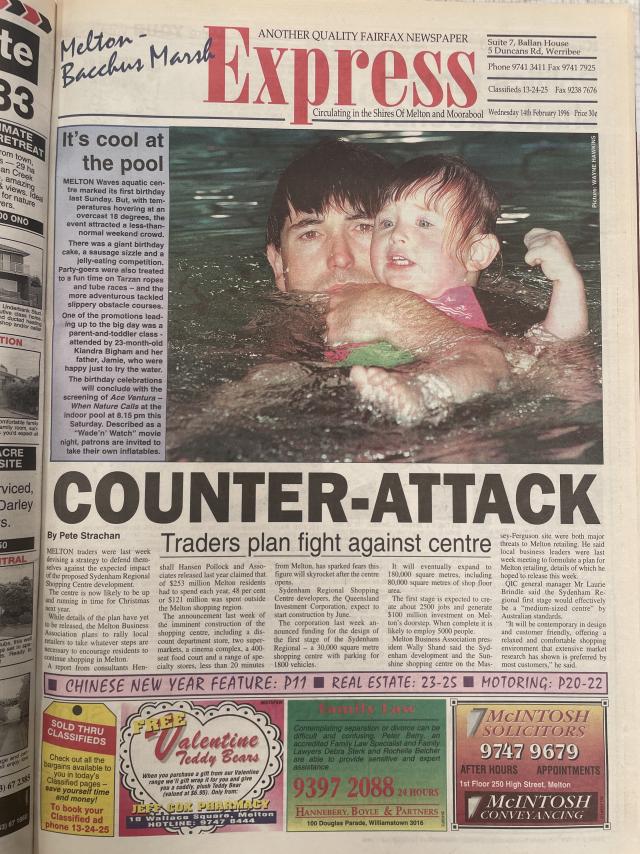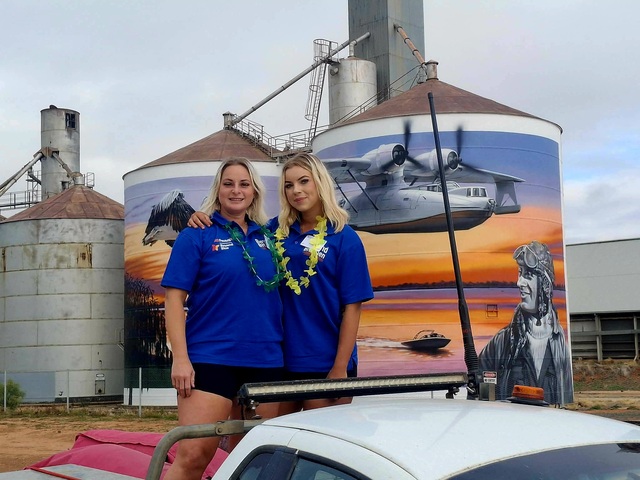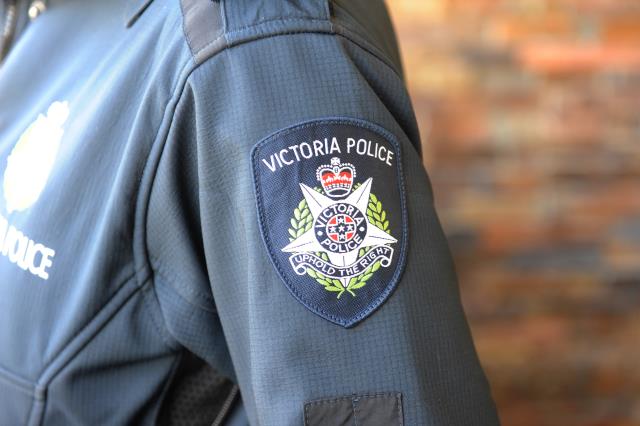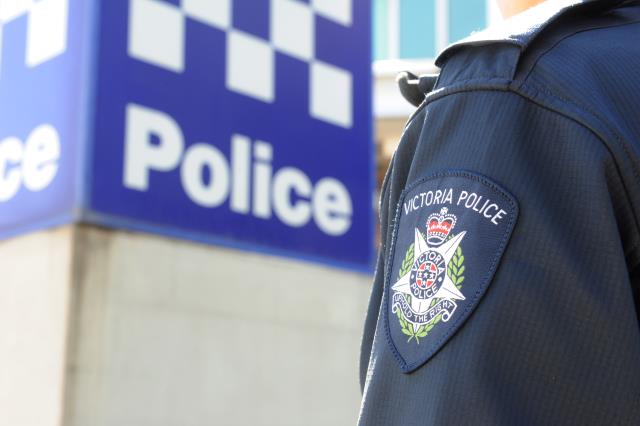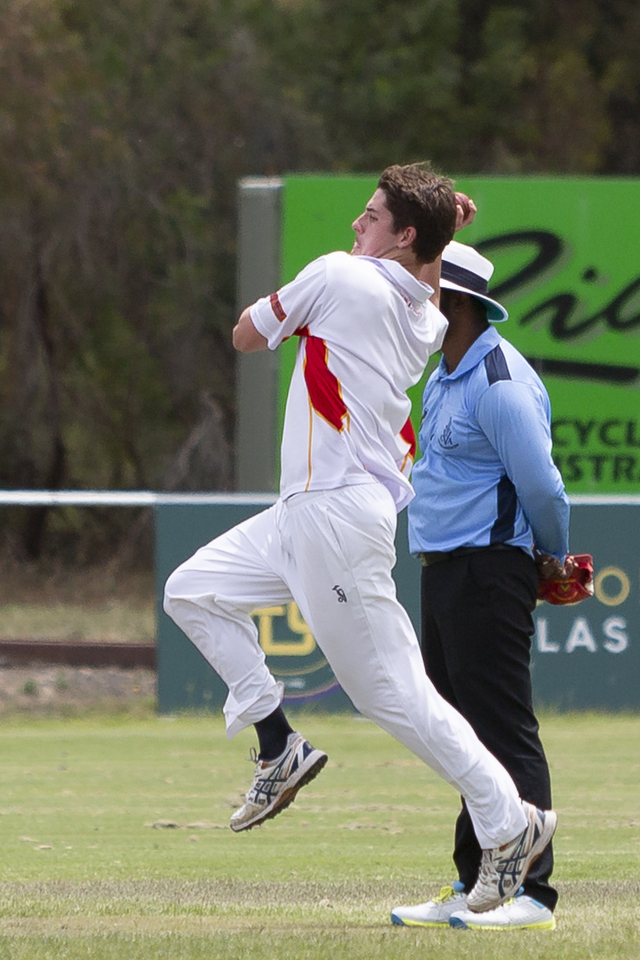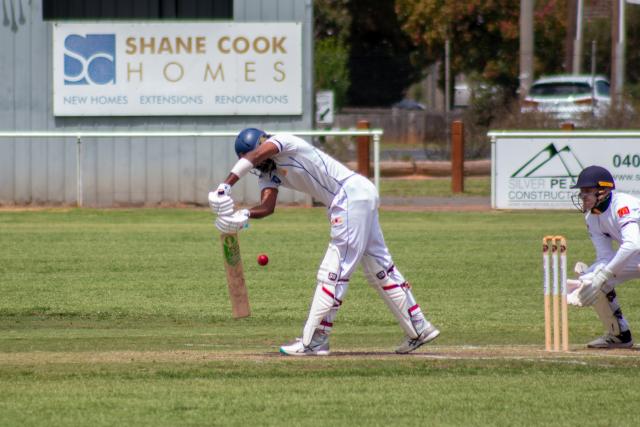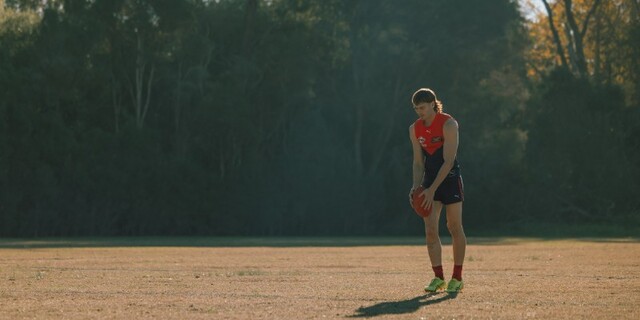The parents of two Melton men who died last year after waiting for ambulances have called for full inquests into their deaths.
Steve and Jo Gibbs – whose son Matthew, 23, waited 16 minutes for an ambulance after going in to cardiac arrest on October 8 – and Julie Wilson – whose son Brodie, 18, waited 27 minutes for an ambulance to come from Sunbury after having an asthma attack on June 29 – made the plea at the opening of a new ambulance station on Friday.
The parents confronted Health Minister David Davis and Ambulance Victoria chief executive Greg Sassella, demanding answers.
“We need a full coronial inquest into the way the whole organisation has conducted itself,” Mr Gibbs said. “It’s appalling. We have suffered great pain in the way they have conducted themselves in this investigation. They need to be accountable and there needs to be someone independent looking into it.’’
Ms Wilson said the new station was only a temporary solution and did not address the ‘‘real issues’’ that exist in the ambulance service. “The ambulance service is in crisis, the hospital system is in crisis and they are not fixing what needs to be fixed,’’ she said.
“The key performance indicator is 15 minutes, and to me even that’s too long. My son waited 27 minutes.
“Personally, I’ve had David Davis come to my home and sit and apologise to me for what happened to my son, but it’s only words.
“He has told me that there is a truckload of money, but resources and money aren’t the problem. Then fix the system and pay the paramedics what they deserve to be paid.”
Late last year, paramedics said they were not ready to accept a 12 per cent pay rise offered over three years because the state government was trying to introduce ‘‘unacceptable’’ changes, including replacing them with less trained first-aiders in rural locations.
Mr Davis said the government had moved to put necessary resources in place in Melton.
“I’ve met with Brodie’s mum and spent some time with her … this is a very complex case,’’ he said.
“In the case of Matthew, the response time was 16 minutes and the government target is 90 per cent [response] within 15 minutes.
‘‘I understand there was significant intervention earlier and the triple-0 officer talked a number of bystanders through CPR, and there was also a defibrillation administrated at about six minutes.
“I think that may be a case where the system worked well in terms of time and intervention, but sometimes with the very best will in the world and the most-skilled paramedics the results are not what I or the families want.”


